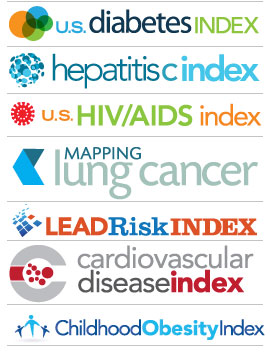Health Leaders Prepare For Round Two Of Healthcare Spending Cuts
Medicare News Wednesday, December 14th, 2011Super committee ideas to save money in Medicare include cutting payments to providers, beneficiaries paying more, increasing the eligibility age
By Marilyn Werber Serafini and Mary Agnes Carey,
KHN Staff Writers
Nov. 21, 2011 – Regardless of whether Congress’ super committee meets its deadline for finding ways to reduce the federal deficit, budget and policy experts are braced for Washington soon to face the painful task of finding more savings – and they anticipate that health spending will be at the top of the list.
Some health care leaders are already laying the groundwork to redirect the debate, to insure that effort doesn’t just shift spending from one part of the health care system to another.
Jack Lewin, CEO of the American College of Cardiology, argues that proposals to address the root causes of high costs have been largely ignored in Washington. “We talk about them all the time but there’s nothing that we’re doing in any of these proposals to get that done. What we would like to get on the table that’s not there is a paradigm shift in thinking about how you control costs.”
“There’s going to be a Round Two, but after the election” because of the economic pressures exerted by the debt, said Thomas Scully, senior counsel at Alston and Bird, and a former Medicare administrator under President George W. Bush.
The super committee has examined a variety of ideas to save money in Medicare, the federal program that provides coverage to about 48 million elderly and disabled people, which eats 15 percent of the federal budget. The proposals include cutting payments to medical providers, asking beneficiaries to pay more for their coverage, and increasing the eligibility age.
The health care interests who stand to take another hit in 2013 want to begin planning now. The current efforts are still informal and very low-key. Read More

